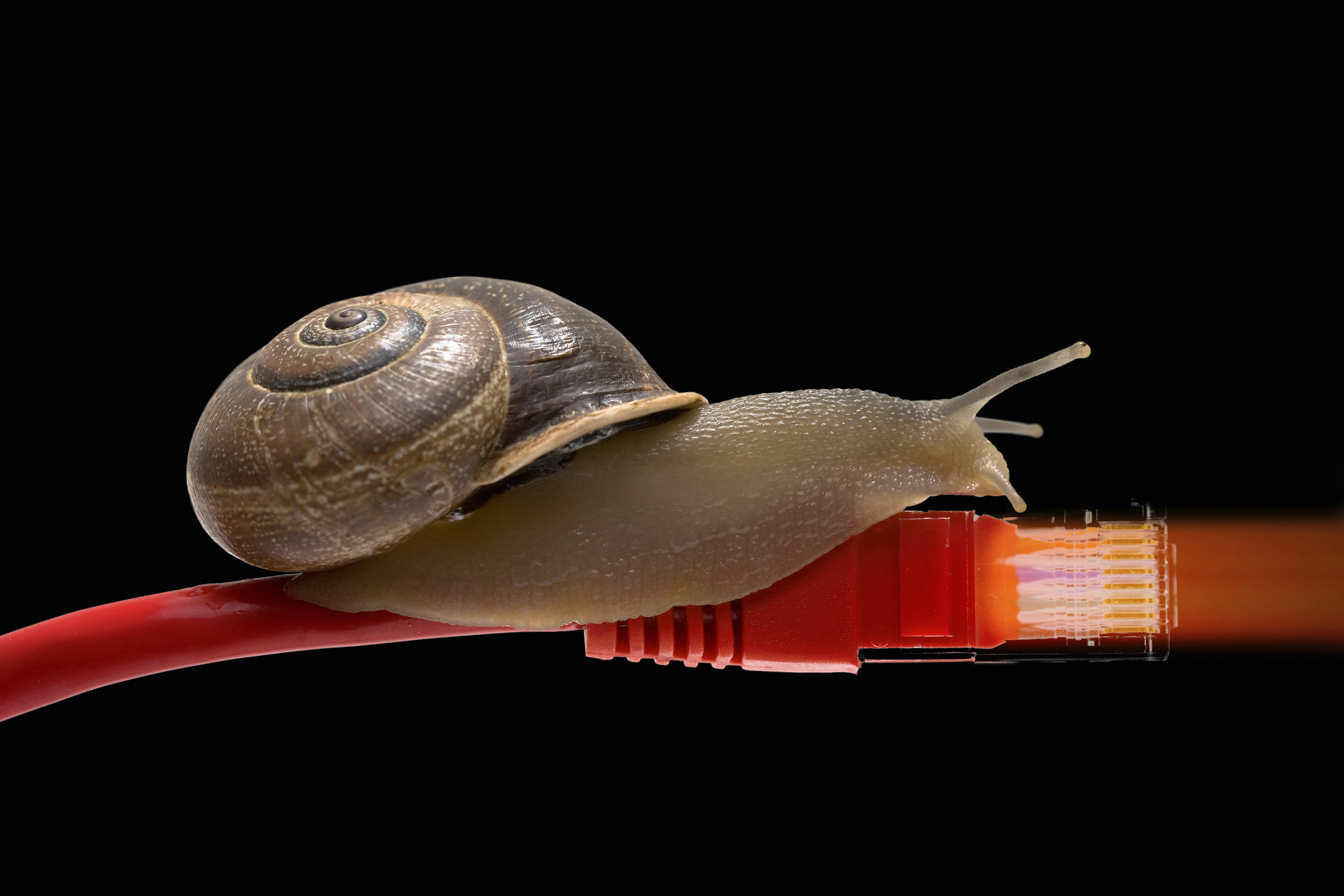The United States Federal Communications Commission (FCC) repealed net neutrality rules earlier this week, paving the way for internet providers to slow or censor content if it so chooses. The decision overturns the Obama administration’s rules that deemed all internet traffic be treated equally. The FCC voted in a 3-2 party-line vote to repeal the Obama administration’s rules that were created in 2015.
President Donald Trump appointed Ajit Pai as FCC chairman, who spearheaded the movement to kill net neutrality rules. In a stinging rebuttal to the opposition, the night before the FCC vote, Pai posted a video (dressed as Santa Clause and wielding a lightsaber). He performed the Harlem Shake and mockingly told viewers: “You can still post photos of cute animals like puppies. You can still binge-watch your favourite shows. You can still stay part of your favourite fan kingdom. You can still drive memes right into the ground. And everything else you ever did on the internet.”
The FCC’s decision has its detractors, including some tech giants. Netflix posted on Twitter: “Without #NetNeutrality, we would never have been able to grow into the business we have today. There’s a whole future of startups that deserve that chance.”
Steve Huffman, Reddit CEO, wrote in a post: “It is disappointing that the FCC Chairman plowed ahead with his planned repeal despite all of this public concern, not to mention the objections expressed by his fellow commissioners, the FCC’s own CTO, more than a hundred members of Congress, dozens of senators, and the very builders of the modern internet. Nevertheless, today’s vote is the beginning, not the end. While the fight to preserve net neutrality is going to be longer than we had hoped, this is far from over.”
While Americans are grappling with changes ahead, the situation in Canada is a little different. First of all, the FCC is a partisan group, while Canada’s comparable organization, the CRTC, is not politically backed.
The FCC contains five politically appointed commissioners who identify as either Republican or Democrat. CRTC commissioners are also appointed by the government; however, their decisions are not politically motivated. They make rules after examining information submitted publicly.
“It’s treated more like a court process than like a political arena,” Laura Tribe, executive director of Open Media, which promotes a free and open internet, told CBC News. “[That’s] not to say there aren’t politics involved, but it’s not partisan to the same extent as it is in the U.S.”
In addition, most Canadian politicians, regardless of party affiliation, have been pro-net neutrality for quite a while. One reason is because of the country’s limited competition in telecommunications.
The Obama administration ruled two years ago that internet service providers can be regulated as utilities and be subject to oversight by the FCC. In Canada, the Telecommunications Act ensures that internet providers do not give preference to one online service or application versus another. These providers are also not allowed to influence the type of content that is being distributed online. These rules go back nearly 25 years and have held strong, even though service providers have tested its boundaries over the years. Along the way, the CRTC has formed its approach to net neutrality.
The Telecommunications Act is up for review in the near future, and some advocacy organizations such as Open Media fear changes are possible because the words “net neutrality” are not explicitly included in the regulations.


